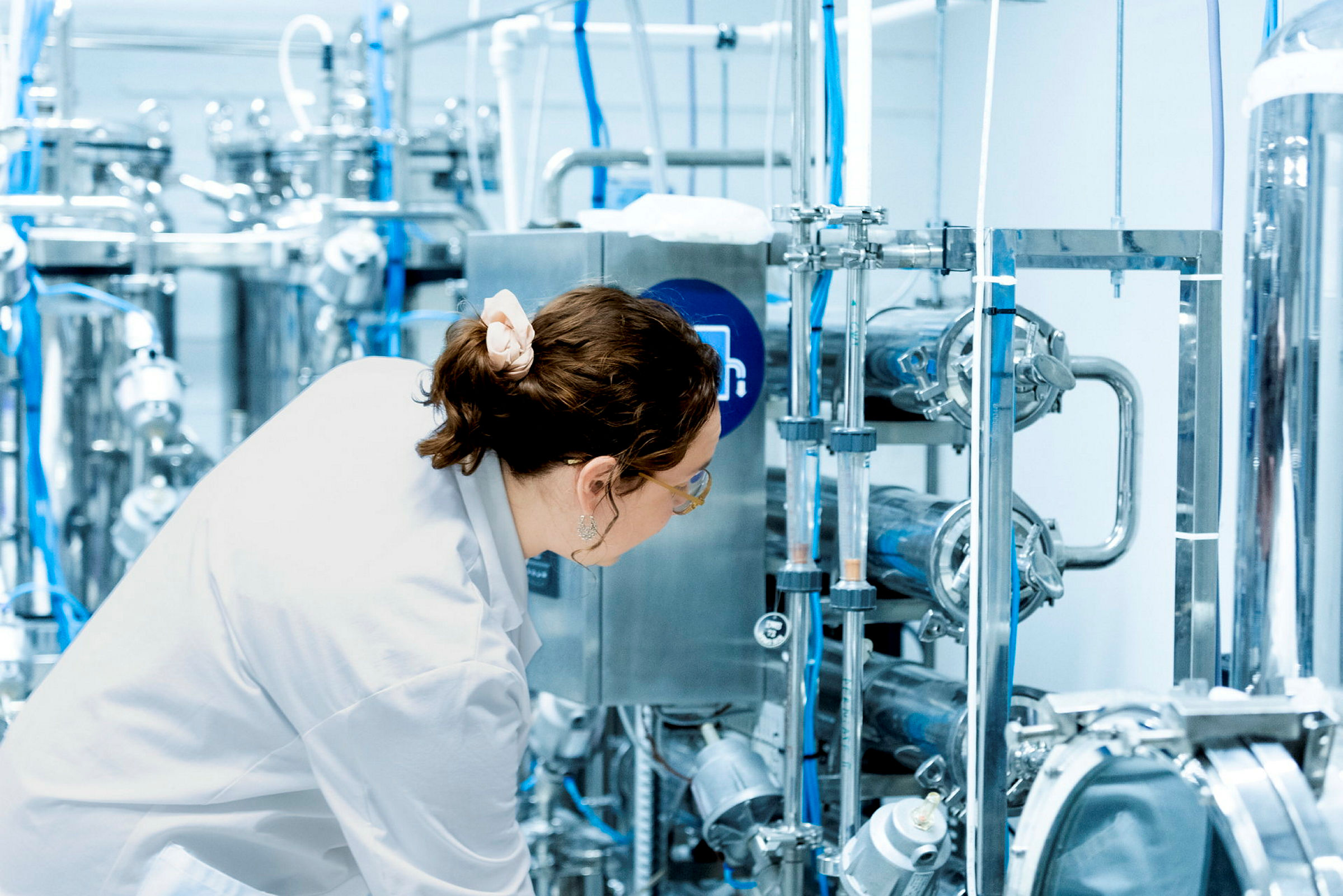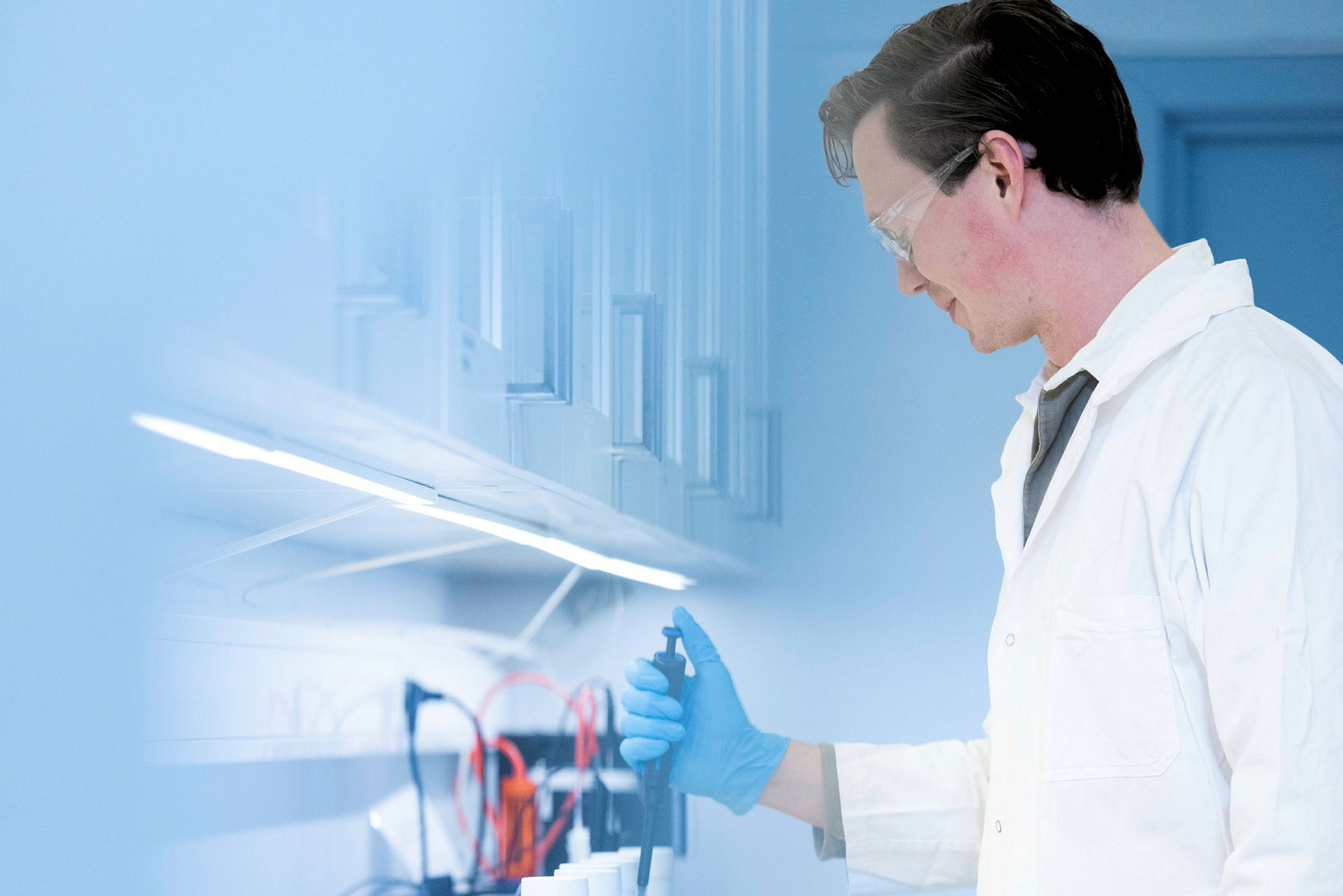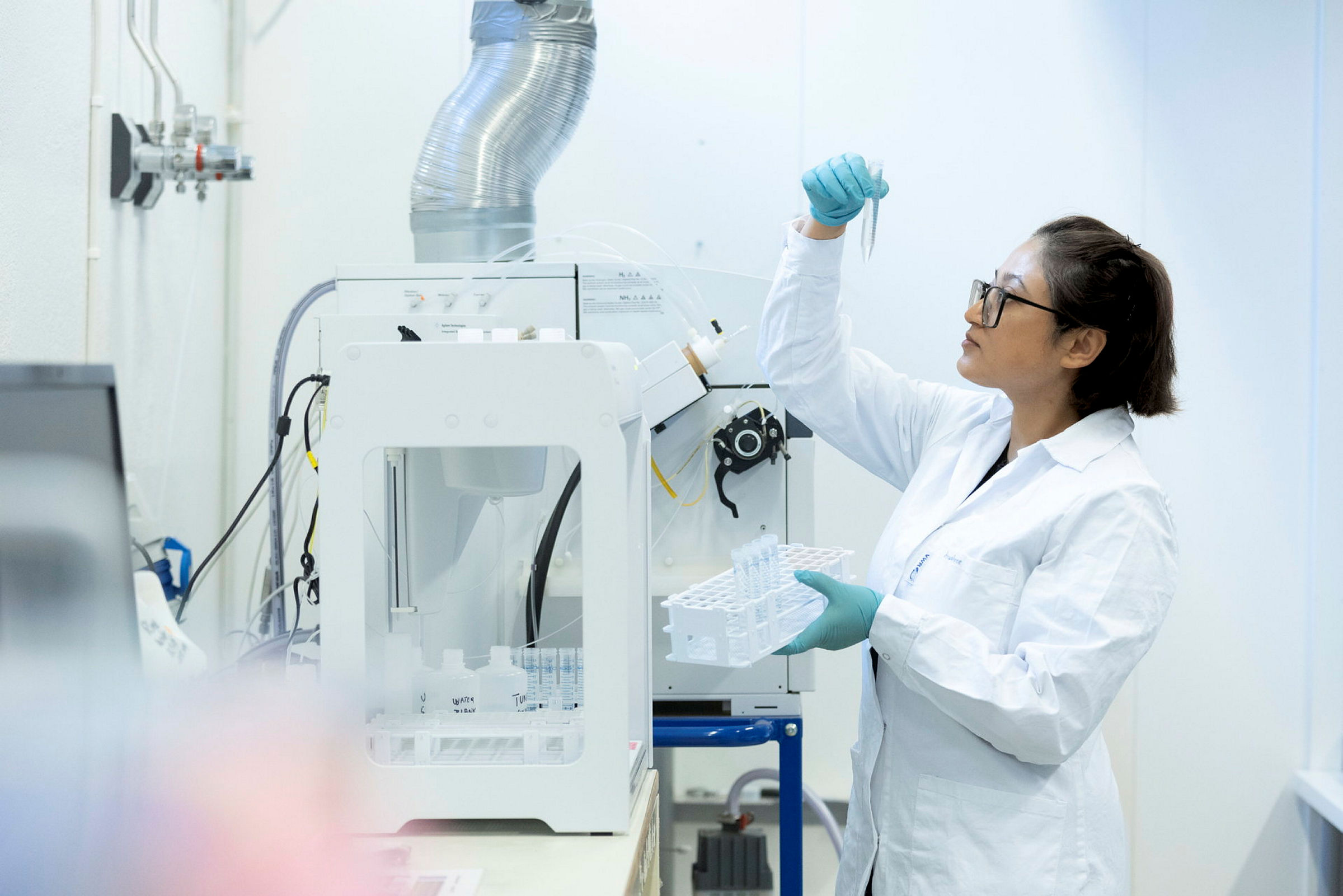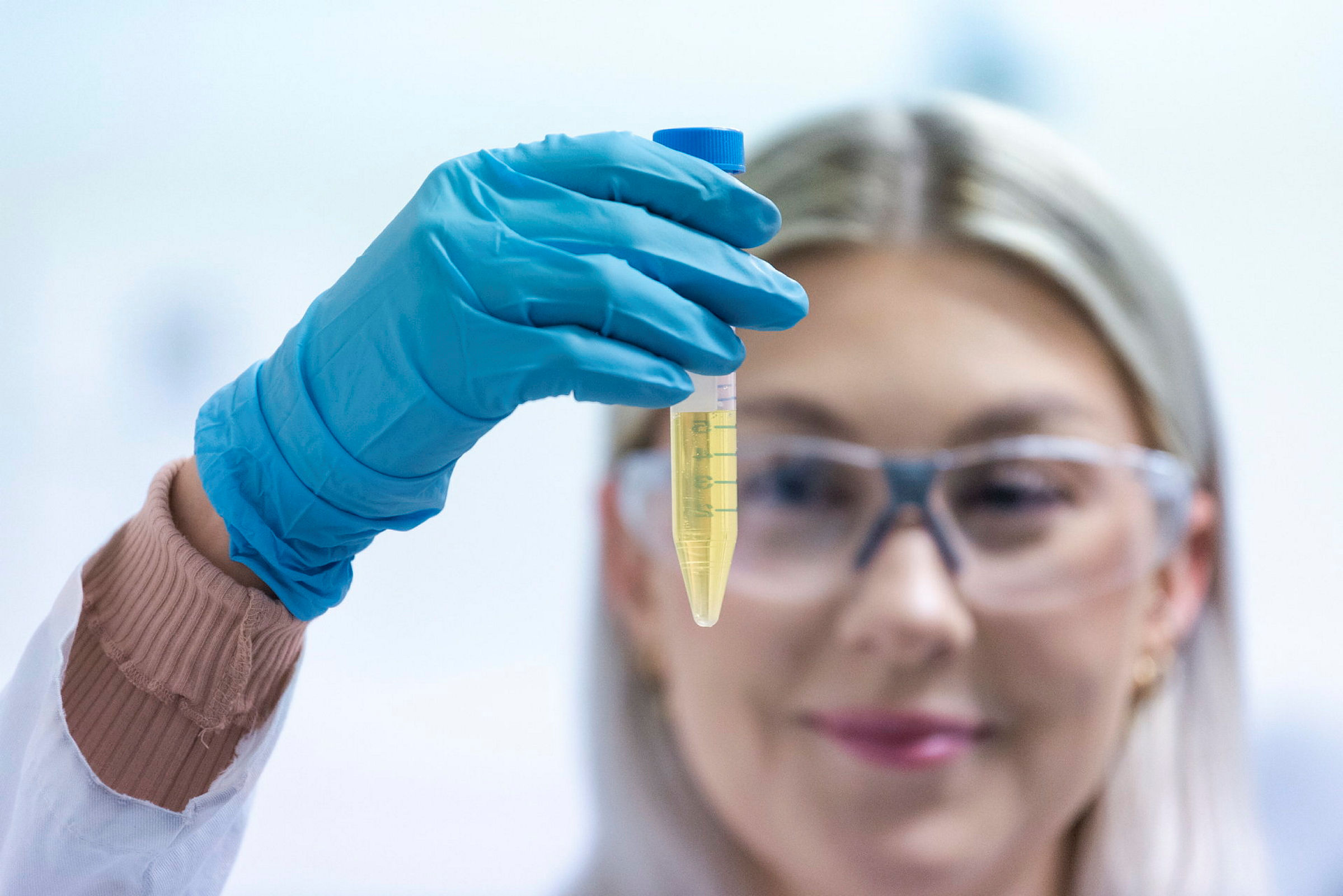Master's degree (2 years)Full timeIntelligent Water Technology
Do you want to become an expert in water technology? By using modern data science, you can help make the water and wastewater industry a smarter industry with better services for consumers. With a master's degree in Intelligent Water Technology, you get a unique, forward-looking education that can help solve the challenges the water sector faces.
Application deadline:
April 15th
International applicants:
December 1st/April 15th
Start of Studies:
Autumn (August)
Requirements:
Bachelor's degree
Higher Education Entrance Qualification and a completed bachelor's degree comparable to a Norwegian bachelor's degree, including a specialization worth 80 ECTS.
Applicants must have courses in Statistics, at least 10 ECTS, and Water Purification Technology, at least 10 ECTS. There is a minimum mark requirement of C for admission.
English Language requirements for English taught programmes: Language requirements for programmes taught in English at NMBU | NMBU
The water sector needs to be modernized to meet a number of demands and expectations. Among other things, the industry must succeed with:
- Better purification, so that health and the environment become less affected by toxic substances in the water.
- Area optimization. New purification requirements mean that water treatment plants need to be expanded. How do we solve this when there is already a shortage of land?
- The environmental footprint, with expectations for carbon neutrality and zero-emission ambitions.
- Economy. How can we hire enough, competent people, and how do we keep costs down despite huge investment needs?
Digitization will have a massive impact in solving these challenges. As a fully qualified candidate, you will be highly sought after on the labor market and you'll be able to contribute to important societal development.
Intelligent Water Technology is a future-oriented education where you learn how to use data science in the water sector. The master's program is closely linked to the research group for water and health at NMBU. This means that you will have the opportunity to participate in real research projects, where you will learn more about working in teams with larger international groups and be a co-author in scientific publications.
Career opportunities
With a master's degree in Intelligent Water Technology, you will have many and varied job opportunities. You can work both in private and public administration, in your own company, in business and academia, both nationally and internationally. There is already a great demand in the labor market for this type of competence.
The water industry is changing, and it sees that incorporating data science in process monitoring and process management will make a big impact. In line with this, the labor market will be in even greater demand for water and wastewater engineers with a background in data science. There are also great opportunities for candidates with this type of education on the international labor market.
Learning outcomes
- Upon completion, the candidates should be able to convey and communicate engineering related problems and solutions to both specialists and non-professionals.
- Be able to contribute to innovation and entrepreneurship.
- Complete an independent project, restricted to engineering related research- or development under supervision.
Knowledge:
- Understand the engineering sciences overall role in a societal perspective, show insight into ethical requirements and respect to sustainable development, and be able to analyze ethical problems regarding engineering related work.
- Have a broad knowledgebase in mathematics, natural sciences, technology and computer technology as a foundation for understanding methods, applications, professional innovation and adaptations.
- Have deep knowledge in a defined area connected to active research, including an adequate professional understanding in using new research.
- Knowledge of computer safety, law and ethics.
Skills:
- Be able to develop overall solutions to engineering related problems, including creating solutions in a multidisciplinary context. Be able to evaluate tools for analyzing, methods, technical models, calculations and solutions independently and critically.
- Plan and bring about data collection, as well as process, analyze and interpret the data. Collect and organize data, execute a multivariate analysis of high-dimensional data, pattern recognition and machine learning, evaluate the quality of data as well as the results.
- Be able to analyze mathematical models for processes in water and sewage engineering
- The research group has a large international network with universities in the field of water engineering, and will facilitate exchange through this network, as shown over the last yers in the Water Harmony group's projects.
In the first year, students will take courses at intermediate and master's level in water and sewage technology and computer science. Students must have at least 30 credits at 300 level. It is possible to write both 30 and 60 ECTS master's thesis.
- The teaching is varied, but the most common form is lectures and practice lessons. In some subjects there are compulsory activities such as group work, exercises in the lab with subsequent reports, project assignments, excursions and participation in seminars.
Many courses have a final exam that determines the entire grade in the course. The exam can be both written and oral. Other subjects have a combined assessment that includes several elements, such as e.g. mid-term exam, assignment, report or term paper, and where you get a grade on each of them. When there is portfolio assessment, each individual assignment is not assessed separately, but receives a joint grade at the end, when the portfolio is delivered. As a rule, we use letter grades, but in some subjects you get pass/fail. At the end of the study, an independent work, the master's thesis, is included, which should show understanding, reflection and maturity. The assignment is defended orally.
Study advisor(s):





In order to achieve the UN's sustainability goals, public access to clean water is essential. Computer science in water and wastewater engineering is a future-oriented education. The candidates gain an expanded insight and practical abilities to understand and use computer science and services in the water sector, with subsequent positive future influence on society.